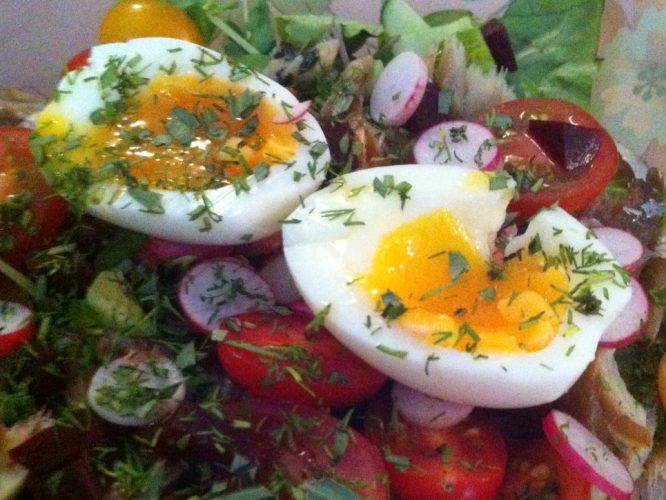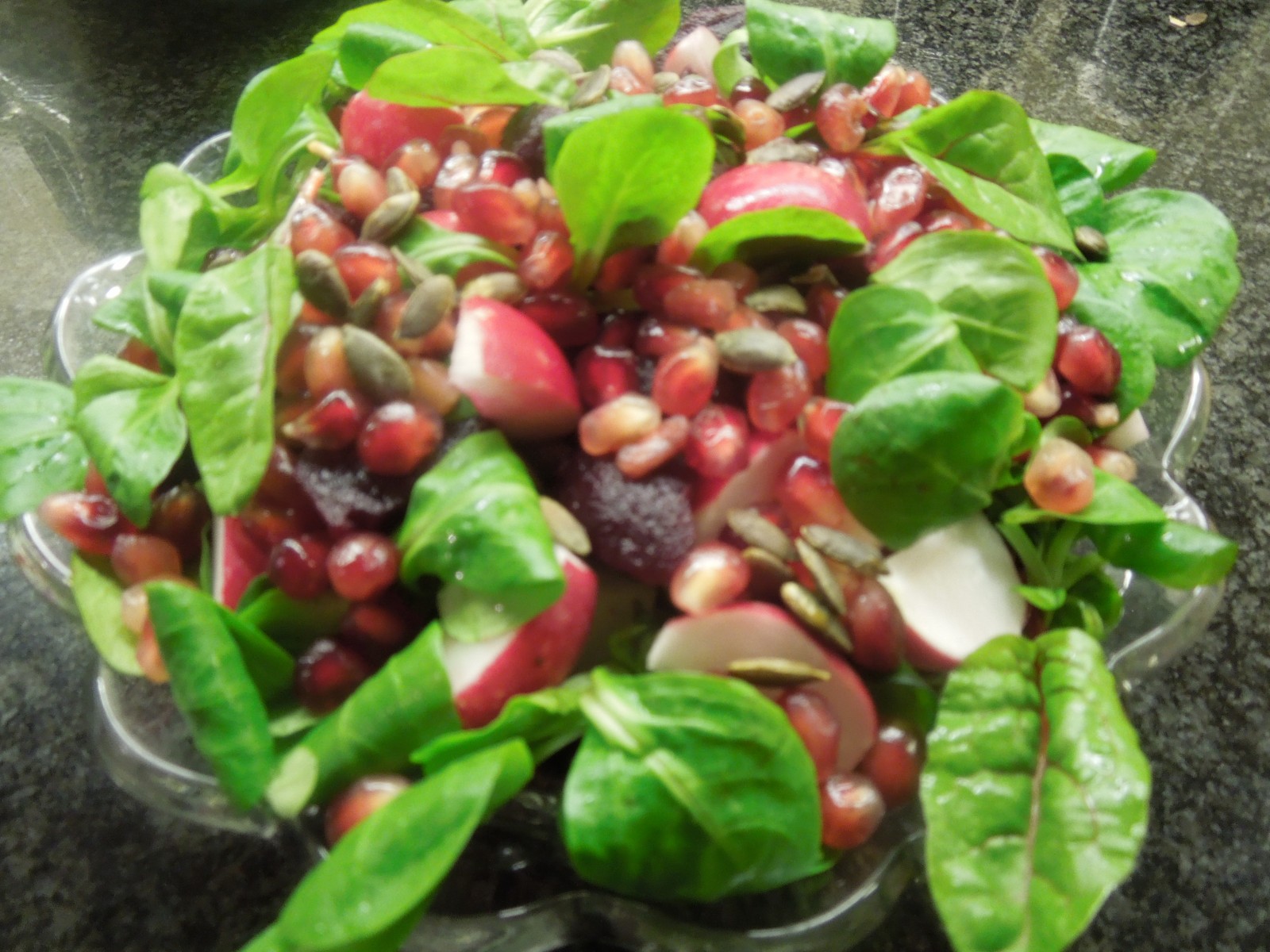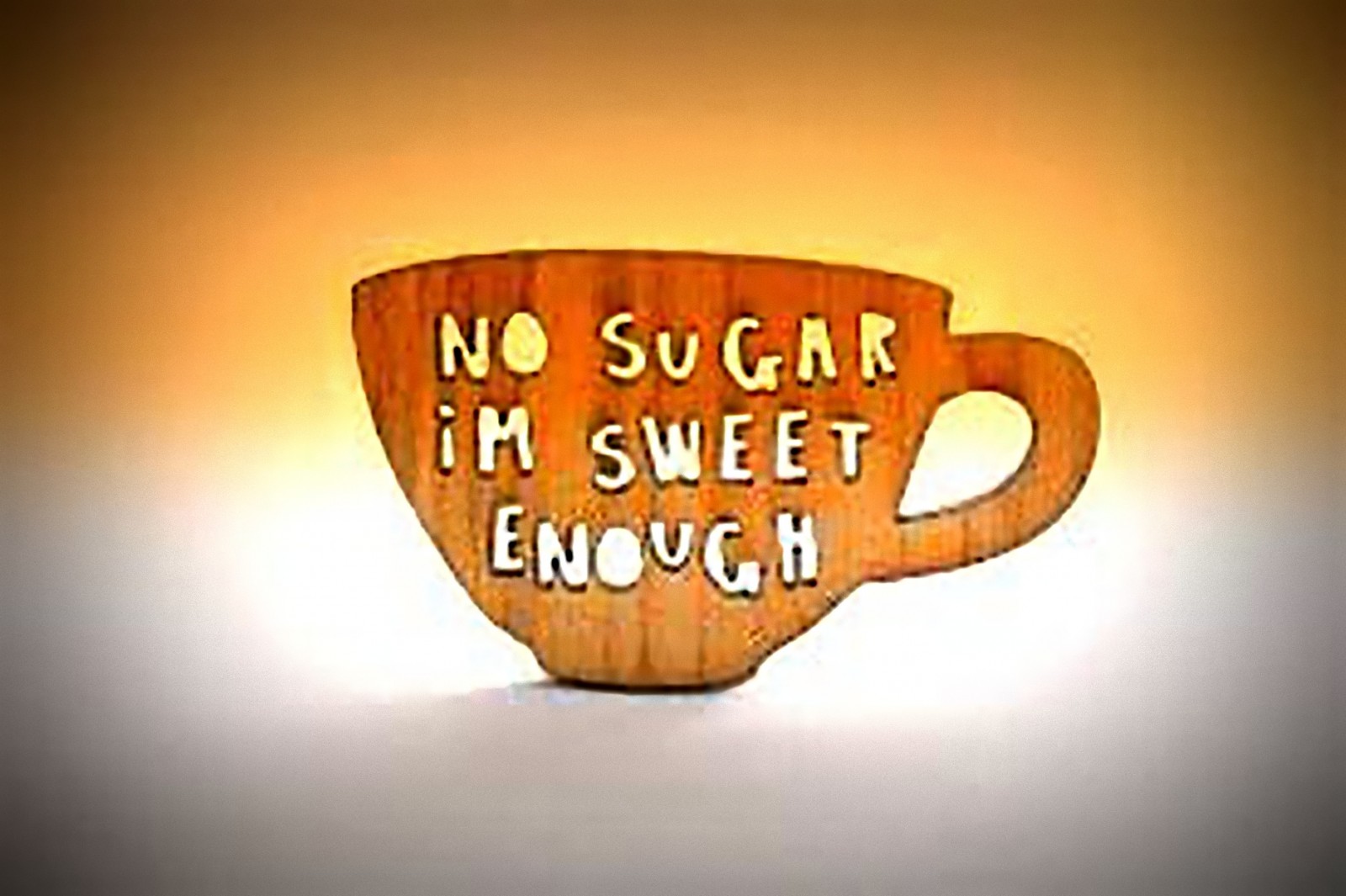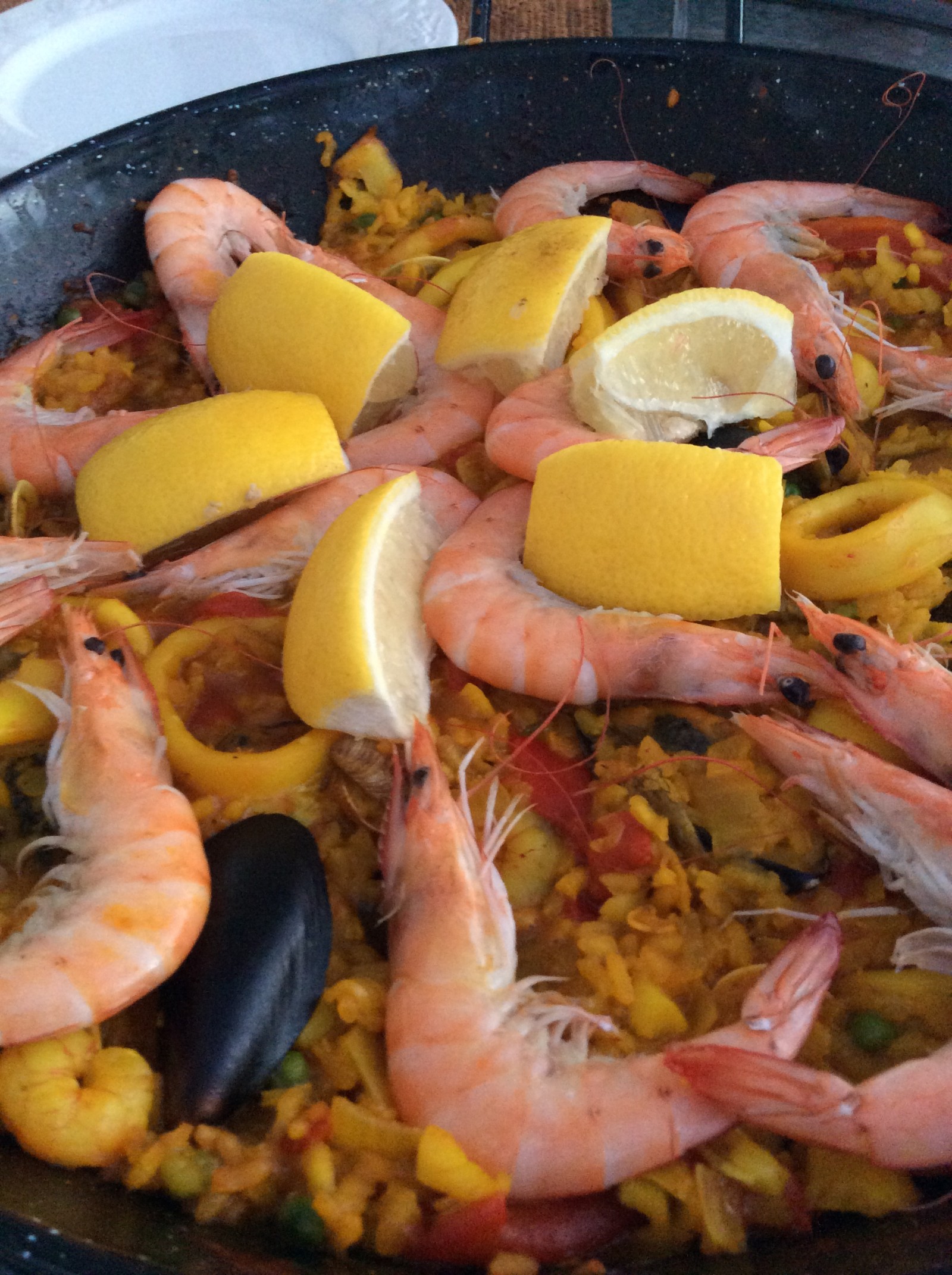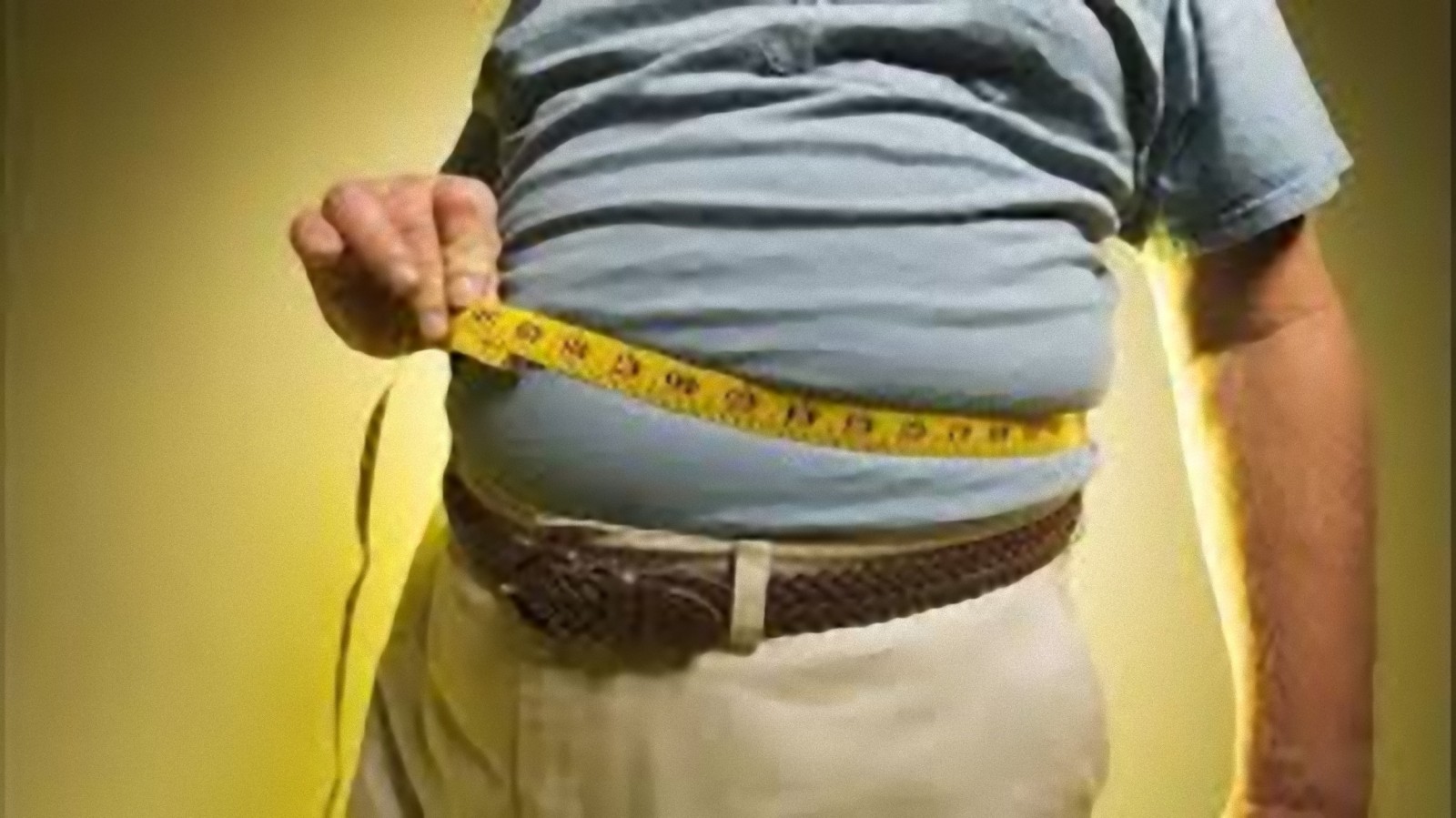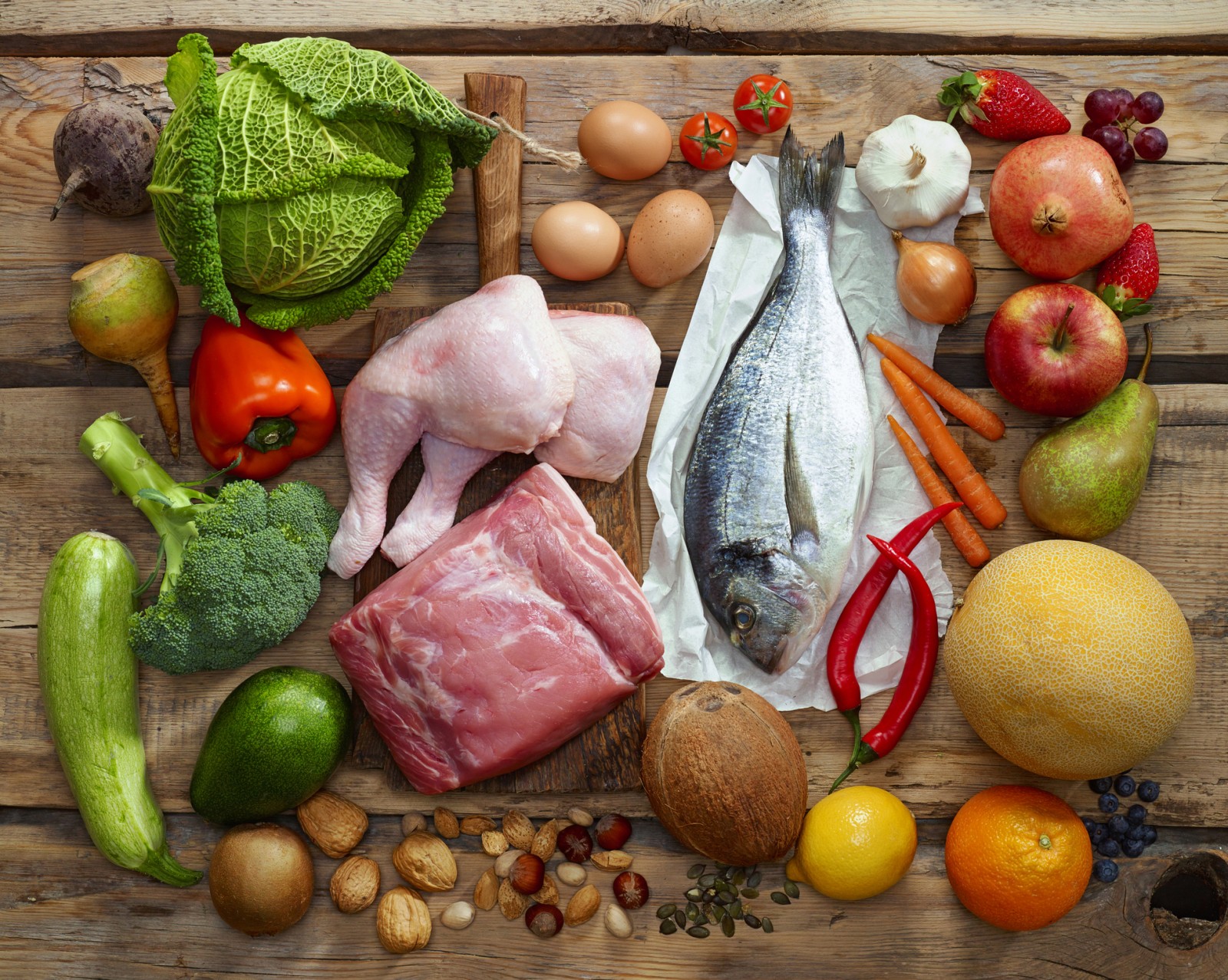If you have food intolerance’s or you are trying to eat for good health then Eating Out can be a bit of a nightmare. Healthy Eating Out is becoming slightly easier and nutritional knowledge improving but we need it to get a lot better. One thing we could all do to improve the situation is when we have had a great experience eating out – take time to thank the chefs and the staff and maybe a comment on Social media to spread the word. Having been Gluten and Dairy free for sometime we really appreciate it when we have healthy choices.
I had this amazing Smoked Mackerel and Rainbow Salad with a Honey Mustard dressing in a Pub on Sunday. The Pub was The Brushmakers Arms in Upham, Hampshire, UK. I was hungry and so had a side order of chips but they weren’t necessary because the salad was so filling. So a massive ‘Thank you’ to them 🙂
Increasingly more Restaurants and Bars are catering for Gluten free but it would be so helpful if a system of symbols could be put alongside each dish on the menu. If marked Gluten Free, Dairy Free, Soy Free – it would save time in a busy establishment and save the customer embarrassment. Gluten and Dairy free Gravy would be a wonderful addition to a Sunday Roast. We have found the occasional place where a gravy made from the meat juices and a splash of wine has ended up being far superior to the ‘normal gravy’!
A holiday in Edinburgh was a great success when we discovered that Gluten free awareness was nearly everywhere and we even had a Pizza and Pasta restaurant opposite our hotel that did both gluten free Pizza and Pasta plus Gluten free Beer!
Some Restaurants fail miserably and obviously have no comprehension about the necessity of choice or the prevalence of food intolerance. This is not dependant on the type of venue or price. I have had great food in a humble but health aware cafe and no choice at all in an expensive Restaurant. Many times we have had no option but Ham, egg and chips or been forced to ask for a burger without the bun only to find it is served minus the onion and salad as well! Other Restaurants have cheese or cream added to literally every dish!
Why would you choose to eat out when given these options?
So I am pleading to chefs everywhere, please be aware of the reality of food intolerance and healthy options (for both adults and children). Eating out should be a celebration of food and a socially engaging experience not an isolating one.
